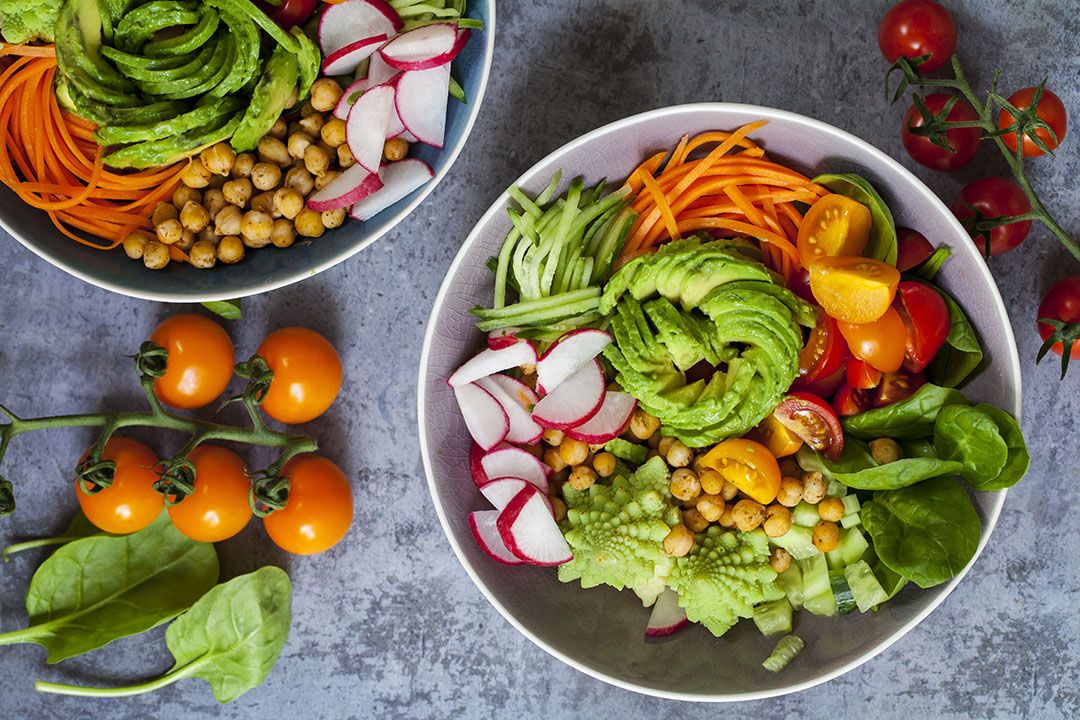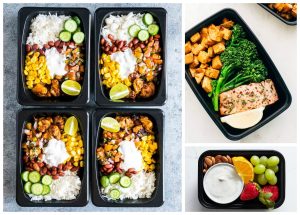
Tips for Incorporating Plant-Based Foods into Your Diet
Introduction
As more people are becoming aware of the benefits of a plant-based diet, there is a rising interest in incorporating more plant-based foods into their daily meals. Whether you are vegan, vegetarian, or simply looking to reduce your intake of animal products, adding plant-based foods to your diet can have a positive impact on your health and the environment. Here are some tips to help you seamlessly integrate plant-based foods into your daily routine.
1. Start Slow and Gradually Increase
Transitioning to a plant-based diet can be overwhelming if you try to make drastic changes overnight. Instead, start by incorporating one plant-based meal into your week and gradually increase it over time. This approach will allow your taste buds to adjust to new flavors and textures, making the transition more enjoyable.
2. Experiment with Different Recipes
Explore the world of plant-based recipes to discover exciting and delicious alternatives to your favorite dishes. There are countless resources available online, such as vegan blogs, YouTube channels, and cookbook classics, that provide creative plant-based recipes. Trying out new recipes will keep your meals interesting and introduce you to a wider variety of plant-based foods.
3. Incorporate Whole Foods
Focus on incorporating whole, unprocessed plant-based foods into your meals. These include fruits, vegetables, legumes, whole grains, nuts, and seeds. Whole foods are rich in vitamins, minerals, and fiber, providing essential nutrients your body needs. By prioritizing these foods, you can enhance your overall health and well-being.
4. Explore Plant-Based Protein Sources
Protein is an essential macronutrient, and contrary to popular belief, it can be obtained from a variety of plant-based sources. Experiment with tofu, tempeh, beans, lentils, chickpeas, quinoa, and hemp seeds, all of which are excellent sources of protein. By adding these protein-rich foods into your meals, you can meet your nutritional needs while diversifying your menu.
5. Plan Your Meals
Meal planning is a crucial step in successfully incorporating plant-based foods into your diet. Take time each week to create a menu and grocery list. By planning your meals in advance, you can ensure that you have all the necessary ingredients on hand, saving time and preventing last-minute unhealthy choices.
6. Don’t Be Afraid of Healthy Fats
Many plant-based foods, such as avocados, nuts, and seeds, are high in healthy fats. These fats are essential for your body and can contribute to satiety and overall satisfaction with your meals. Incorporating these healthy fats into your diet will not only enhance the flavor but also provide you with valuable nutrients.
7. Stay Hydrated
Drinking enough water is vital for maintaining good health, regardless of your dietary preferences. Make sure to stay hydrated throughout the day by drinking plenty of water, herbal teas, and fresh fruit juices. Proper hydration aids in digestion, helps regulate body temperature, and supports overall well-being.
Conclusion
Incorporating plant-based foods into your diet doesn’t have to be a daunting task. With the right approach and an open mind, you can easily embrace the benefits of a plant-based lifestyle. Remember to start slow, experiment with new recipes, prioritize whole foods, and plan your meals. By making these small changes, you can enjoy a diverse and nutritious plant-based diet that will improve your health and make a positive impact on the planet.

